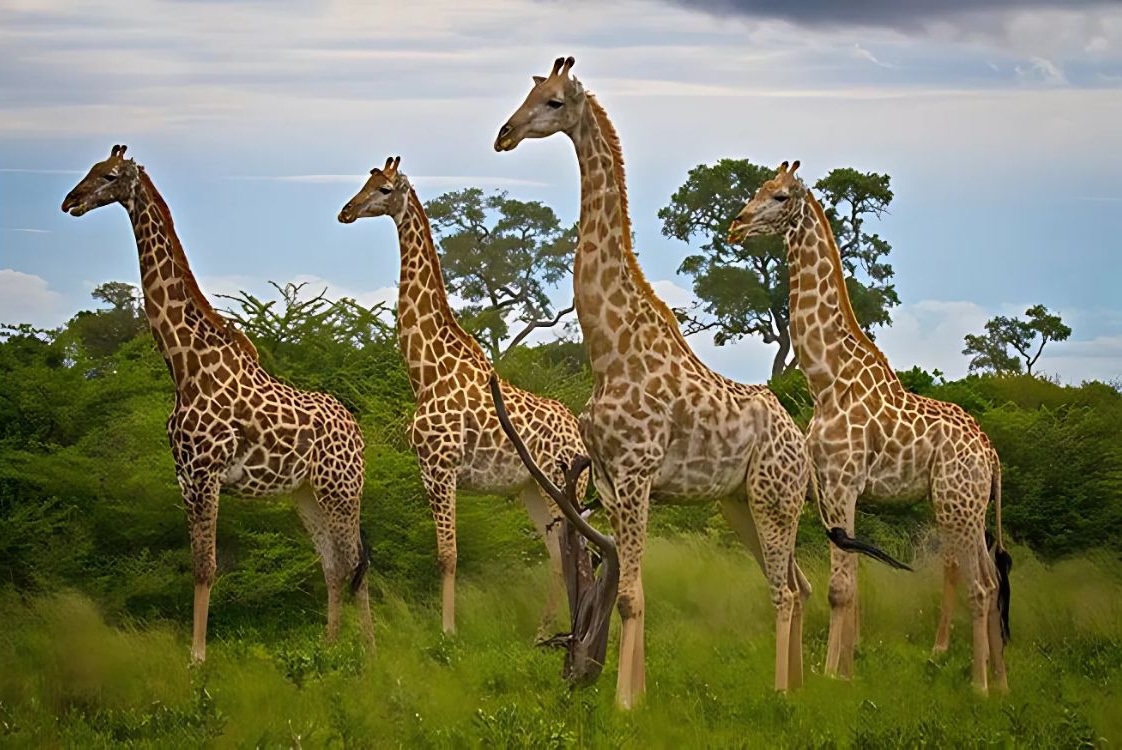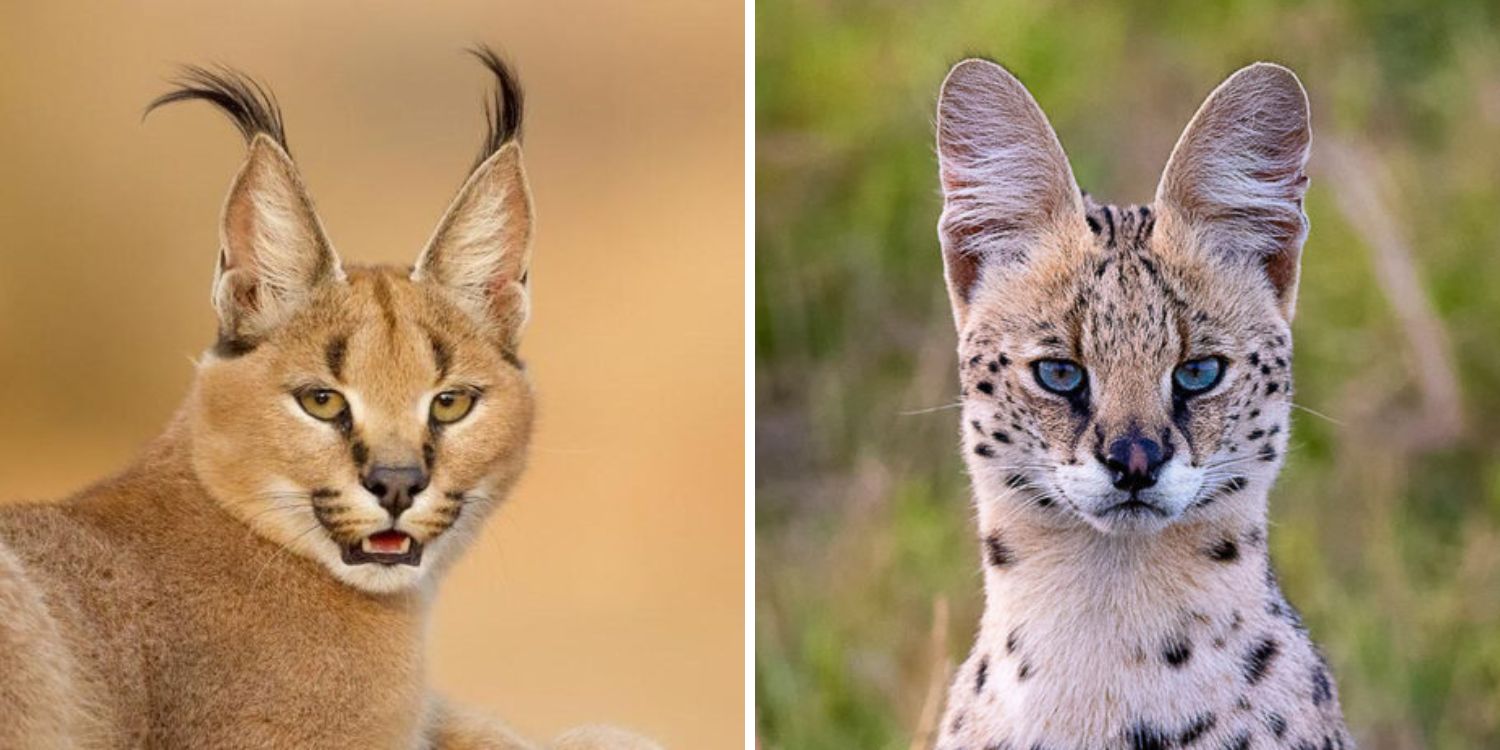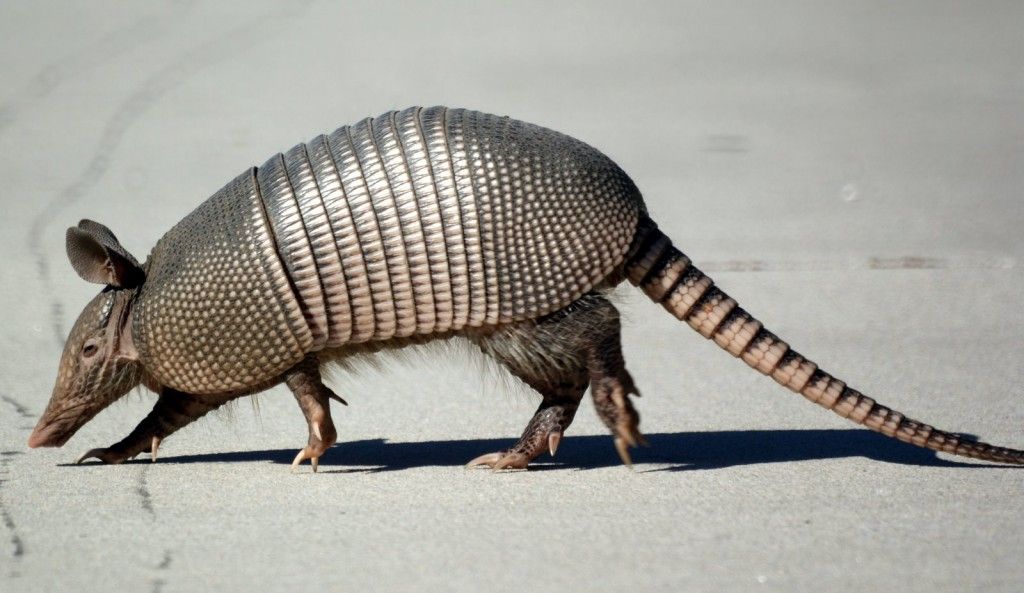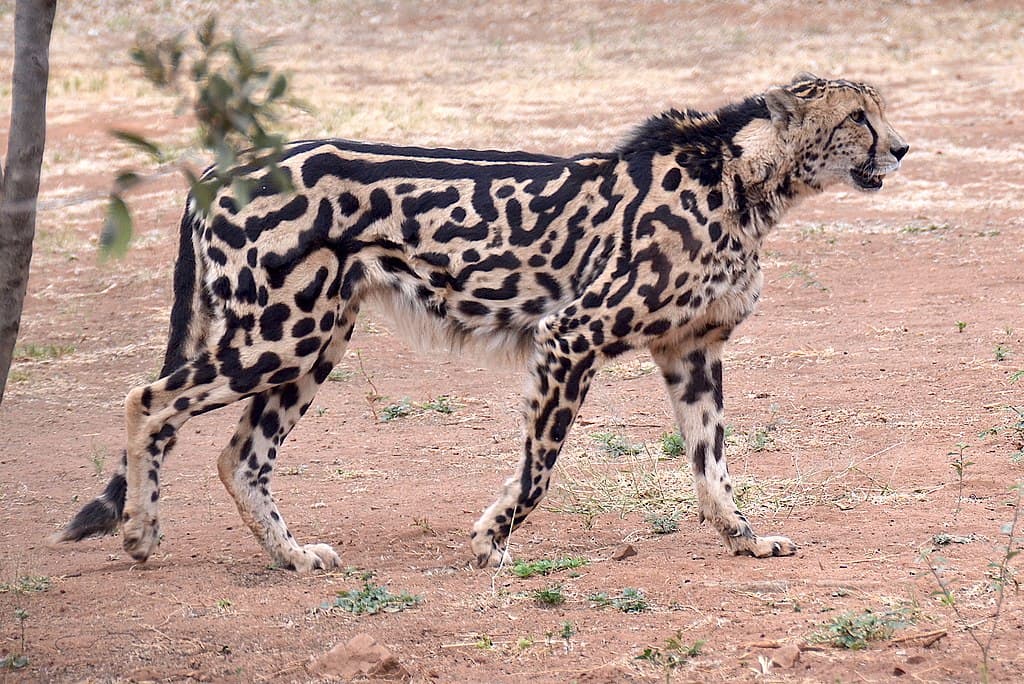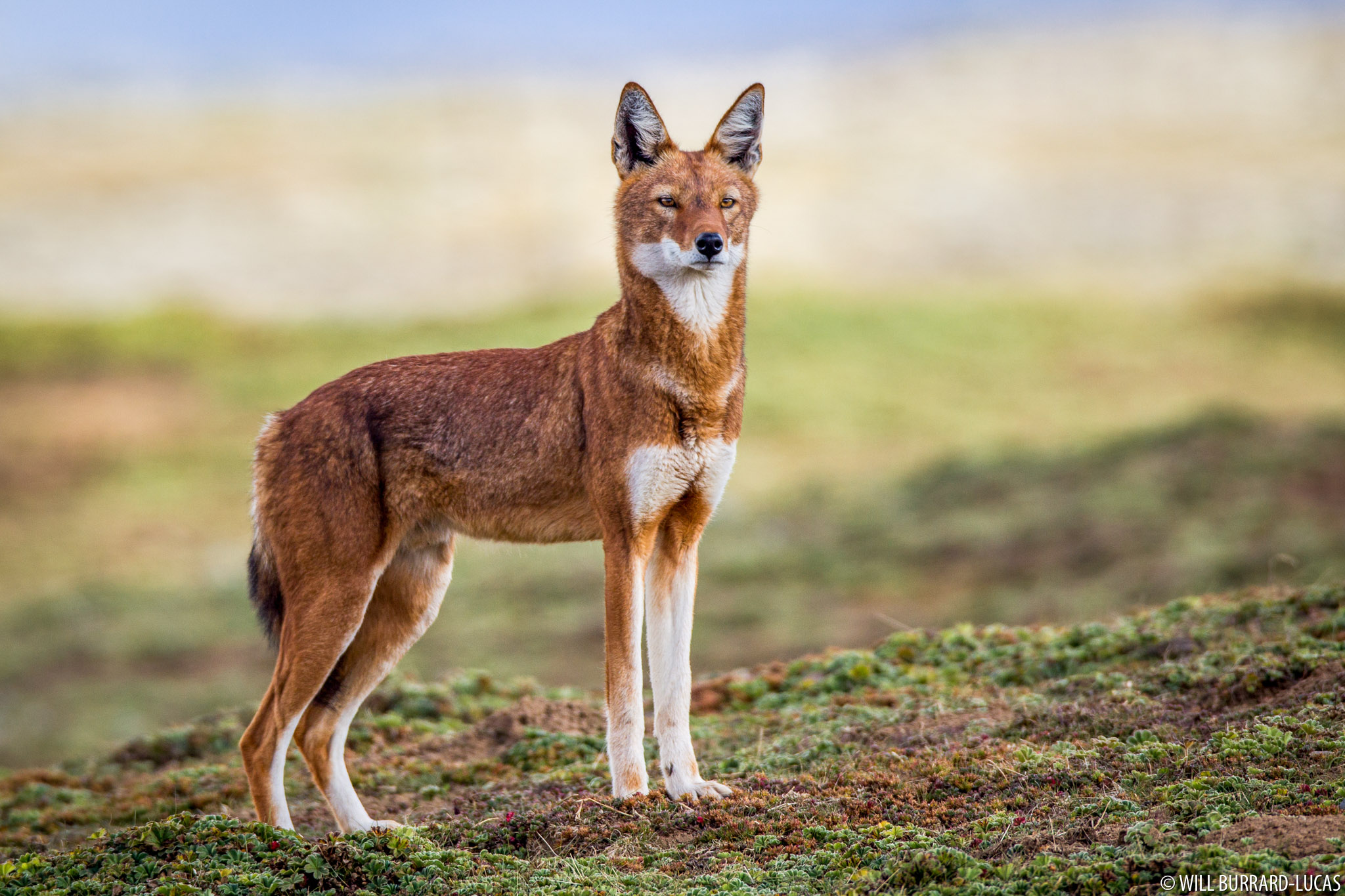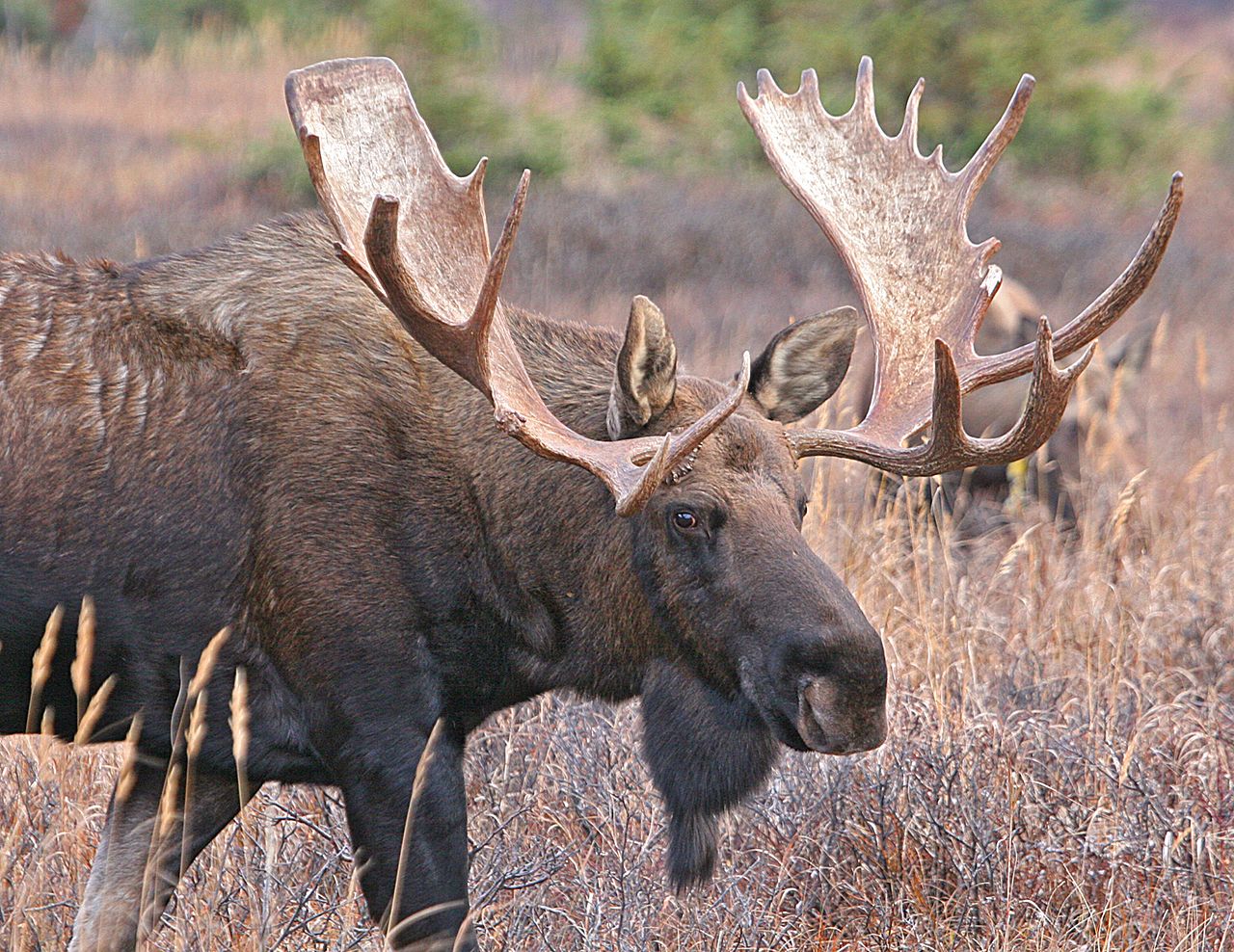
Here are some top FAQs about moose:
1. What are moose and where do they live?
Moose are the largest members of the deer family, found in North America, Europe, and Asia. They inhabit boreal forests, swamps, and tundra, preferring areas with dense vegetation for food and cover.
2. Why are they called moose?
The origin of the name “moose” likely comes from Algonquin languages meaning “eater” or “twig stripper,” referring to their browsing habits.
3. How big are moose?
Moose are impressive creatures! Males, called bulls, can stand up to 7 feet (2.1 meters) at the shoulder and weigh 1,500 pounds (680 kg). Females, called cows, are smaller, reaching around 5 feet (1.5 meters) at the shoulder and weighing up to 800 pounds (360 kg).
4. What are those big antlers for?
Bull moose have massive, palmate antlers, used for impressing females during mating season and for fighting other males for dominance. They shed their antlers every year and grow new ones throughout the summer.
5. Are moose dangerous?
Moose are generally peaceful animals, but they can become aggressive if they feel threatened, especially during the mating season or when protecting their young. It’s important to practice caution and maintain a safe distance when encountering them in the wild. Not only are they wild animals, they are very big wild animals.
Bonus FAQs:
- What do moose eat? Moose are herbivores, mainly feeding on leaves, twigs, bark, and aquatic plants.
- How long do moose live? Their lifespan in the wild is typically 15-20 years.
- Are moose endangered? While not globally endangered, some populations are declining due to habitat loss, hunting, and climate change.
- Can moose swim? Yes, moose are excellent swimmers and can use their large hooves to propel themselves through water.
- Do moose make any sounds? They vocalize with grunts, growls, and moans, particularly during mating season.
- What is the plural of moose? There’s only one correct plural form of the word moose, and it isn’t mooses nor meese (no matter how cute those are to say). It’s moose.
We hope this answers your questions about moose!

